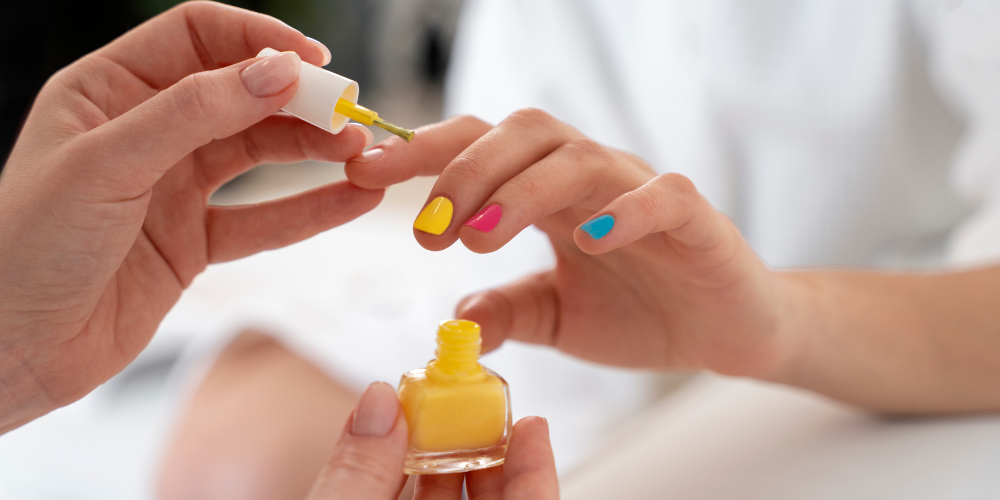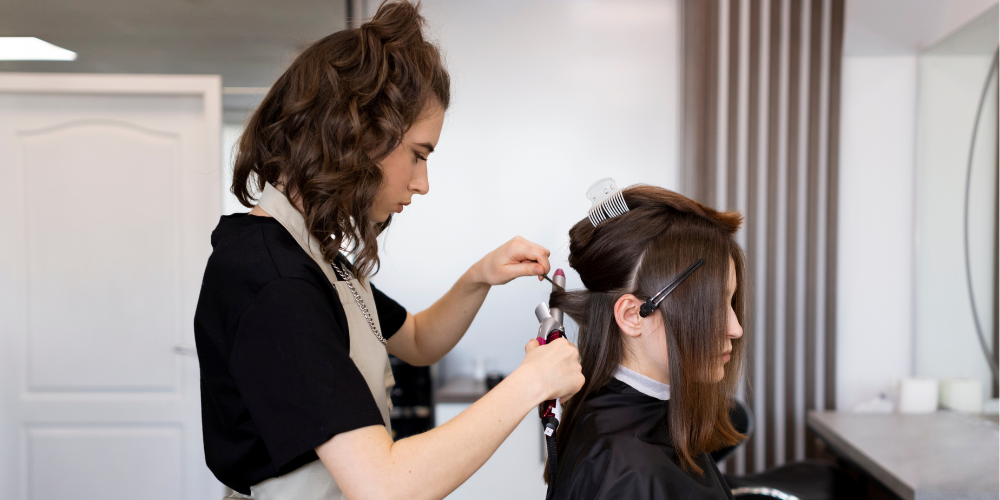Looking at the surge of interest in skin health lately, one ingredient is sparking more curiosity than most—exosomes. Social platforms are buzzing, dermatology clinics are incorporating them into treatments, and skincare shelves are filling up with exosome-infused products. But what are they exactly? More importantly, can they really improve skin health, or is this just another passing trend?
The interest in exosomes isn’t just hype. These microscopic messengers are gaining attention for their potential to support cell repair, boost hydration, and improve elasticity. With claims of reducing inflammation and signs of aging, exosomes are quickly becoming a major topic of conversation in the beauty and dermatology spaces.
What Are Exosomes and How Do They Work?

Freepik | Exosomes support skin's collagen and elastin, also helping to relieve redness and inflammation.
Exosomes are naturally occurring nanoparticles released by most types of cells, including stem cells and skin cells. They carry vital materials like proteins, lipids, and genetic information that influence how neighboring cells function. Think of them as tiny delivery vehicles sending helpful instructions that promote skin repair and balance.
In skincare, exosomes are known to:
- Support collagen and elastin production
- Help reduce redness and inflammation
- Promote quicker cell turnover
- Encourage the skin to act like its younger self
According to dermatology experts, exosomes improve the way skin cells communicate. That communication helps guide healing and regeneration processes, which is especially useful for aging or damaged skin. The mRNA inside exosomes, for example, plays a role in reprogramming cells to function more youthfully.
Are Exosomes Safe? What the Experts Say
While interest in exosomes continues to grow, there’s one important caveat: there are currently no FDA-approved topical exosome products. That doesn’t mean they’re unsafe, but it does mean consumers need to be mindful.
Cosmetic products in general don’t require FDA approval unless they make medical claims. That allows brands to include ingredients like exosomes in creams and serums, as long as they comply with labeling and safety regulations.
Experts recommend choosing products from brands that are transparent about their ingredient sources. The way exosomes are derived—whether from human platelets, plants, or labs—matters, especially in terms of their effectiveness.
Different Types of Exosome Skincare
There are two main ways exosomes are used in skincare: at-home products and in-office treatments.
Topical serums and creams often use lab-made or plant-derived exosomes. These are more accessible but may not penetrate the skin deeply enough to activate true regeneration. However, they can still provide hydration and reduce visible redness when used consistently.
In-clinic treatments involve using exosomes after procedures like microneedling. The skin’s microchannels created during treatment allow exosomes to go deeper, where they can be more effective. Dermatologists often prefer medical-grade exosomes in this setting to enhance healing and support collagen rebuilding.
“When used alongside microneedling or lasers, exosomes can significantly reduce inflammation and help with skin renewal,” explains one board-certified dermatologist. “That deeper access to the skin allows exosomes to perform better than in standard topical use.”
How Do Exosomes Compare to Other Skin Ingredients?

Freepik | For skin texture and tone, exosomes provide a more complex solution than peptides or ceramides.
Exosomes are often grouped with peptides, growth factors, and ceramides—ingredients known for improving skin texture and tone. The difference is in the complexity. Peptides, for example, signal cells to produce collagen.
Exosomes, on the other hand, carry a mix of signaling materials and genetic instructions. They don’t just boost one function; they help guide multiple cellular activities at once.
One skin specialist compared it to technology, saying: “Think of it as upgrading from a flip phone to a smartphone—exosomes can handle multiple tasks at the same time, making them more comprehensive.”
That said, experts agree more research is needed. While early results are promising, exosomes aren’t yet proven to be more effective than long-standing ingredients like retinol or niacinamide.
Do Exosomes Belong in Your Routine?
Exosomes bring a fresh, science-backed perspective to skincare. Their ability to assist with cellular repair, reduce inflammation, and support collagen production is what’s placing them in the spotlight. Still, expectations should be balanced. Most topical exosome products provide gentle support for hydration and barrier repair, but don’t yet deliver the dramatic results promised by in-office treatments.
Whether trying a serum at home or combining exosomes with professional skincare procedures, the key lies in using well-formulated products from reliable sources. While not a miracle solution, exosomes are a fascinating addition to regenerative skincare with solid potential.









